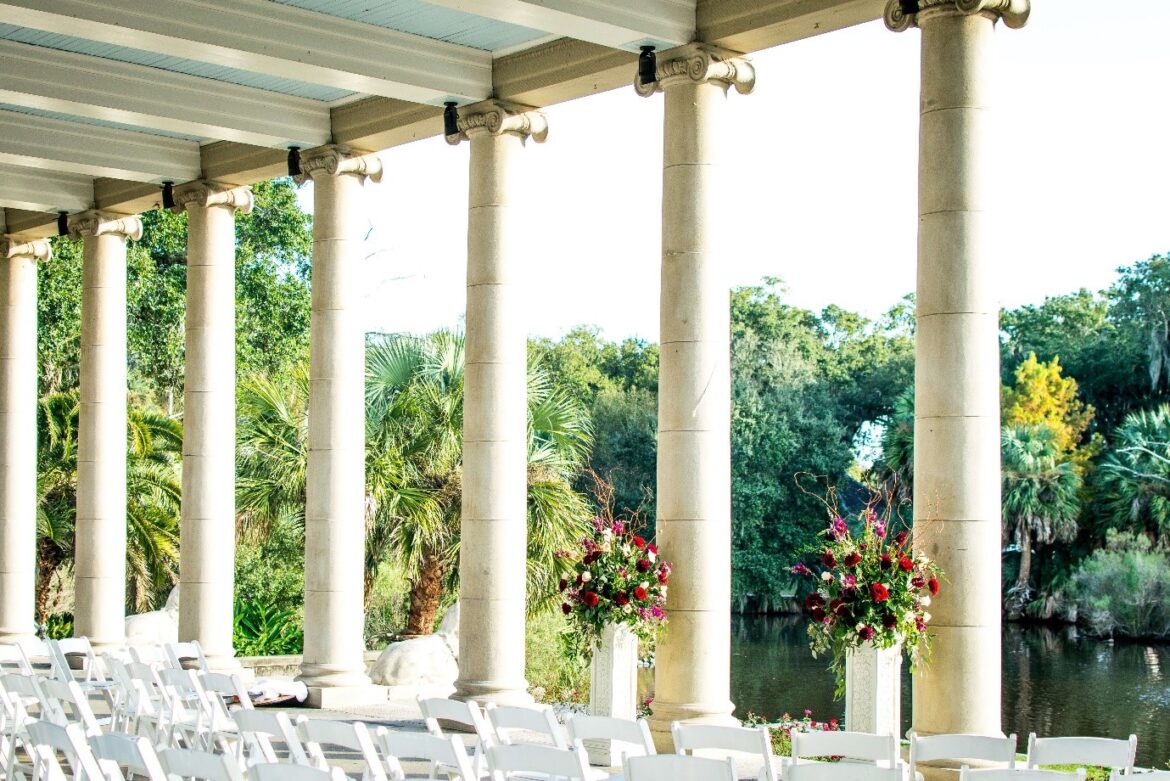Your wedding venue is one of the most important decisions you’ll make during your planning process. It serves as the backdrop for your special day and plays a huge role in setting the tone, ambiance, and overall success of your wedding. But finding the perfect wedding venue is no easy task, which is why experts recommend starting your search as early as possible. Whether you’re envisioning a grand ballroom or a rustic barn, there’s a venue out there to match your style and budget.
To help simplify the process, we’ve compiled an in-depth guide with practical tips and considerations to help you choose the ideal space for your big day. 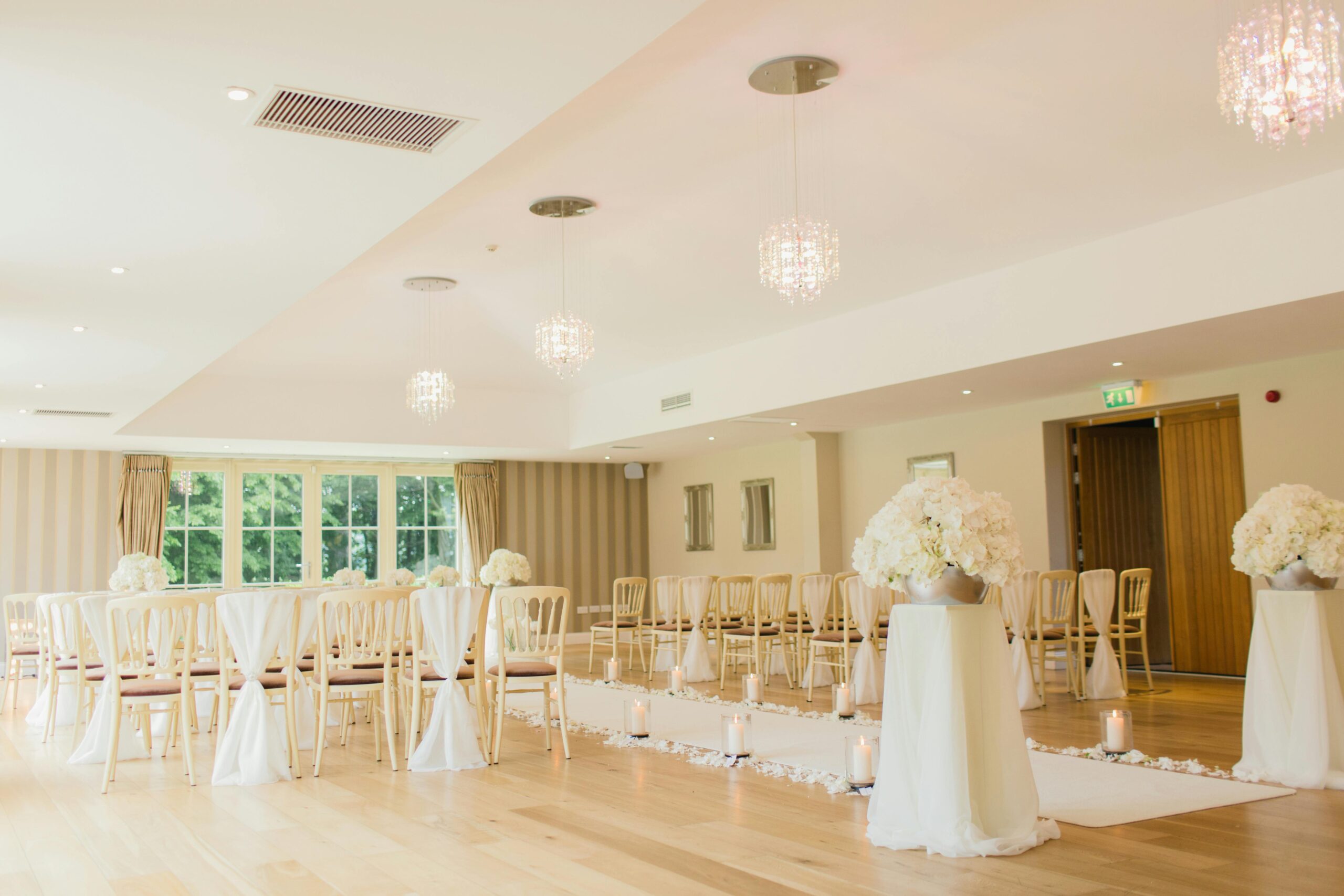
Start with the Basics: Budget, Guest List, and Theme
Before you start visiting venues, make sure you have three key details nailed down: your budget, the estimated number of guests, and your wedding theme. These factors will significantly narrow your options and save you from falling in love with spaces that won’t work for your celebration.
- Set Your Budget: Your budget should guide every aspect of your venue search. Determine how much of your overall wedding budget is allocated to the venue and stick to that range. Don’t forget to factor in potential extras, such as catering, bar service, décor, and rental fees.
- Guest List: The number of guests will determine the size of the venue you need. A space that’s too small will feel cramped, while one that’s too large might lack intimacy. A rough guest count will help you focus on venues that match your capacity needs.
- Define Your Theme for a Perfect Wedding Venue: Whether you’re dreaming of a fairy-tale castle, a beachfront retreat, or a minimalist industrial loft, your theme will influence the type of venue you choose. Look for spaces that complement your aesthetic and can accommodate your vision.
Indoor vs. Outdoor Weddings: Your First Pick for a Perfect Wedding Venue
One of the first decisions you’ll need to make is whether you prefer an indoor or outdoor wedding. Each option has its unique benefits and challenges, so consider the following factors:
- Indoor Venues: Ideal for year-round weddings, indoor spaces provide a controlled environment free from weather worries. These include banquet halls, hotels, historic mansions, and art galleries. They often come with built-in amenities, like heating, air conditioning, and restrooms.
- Outdoor Venues: Outdoor locations like gardens, vineyards, beaches, or farms offer a breathtaking natural backdrop and a sense of openness. However, they may require additional arrangements like tents, portable restrooms, or weather contingencies. If you’re choosing an outdoor space, think about the season, climate, and time of day for your event.
One Venue or Two? Ceremony and Reception Logistics
Decide whether you’d like to hold your ceremony and reception at the same location. Many couples opt for a single venue to simplify logistics and minimize travel for guests. However, some prefer separate spaces to create distinct atmospheres for each part of the celebration.
- Single Venue Benefits: Saves time and transportation costs, and allows guests to settle in for the entire event.
- Separate Venue Benefits: Offers more creative freedom to tailor each setting. For example, you could have a traditional ceremony in a church followed by a lively reception at a rooftop bar.
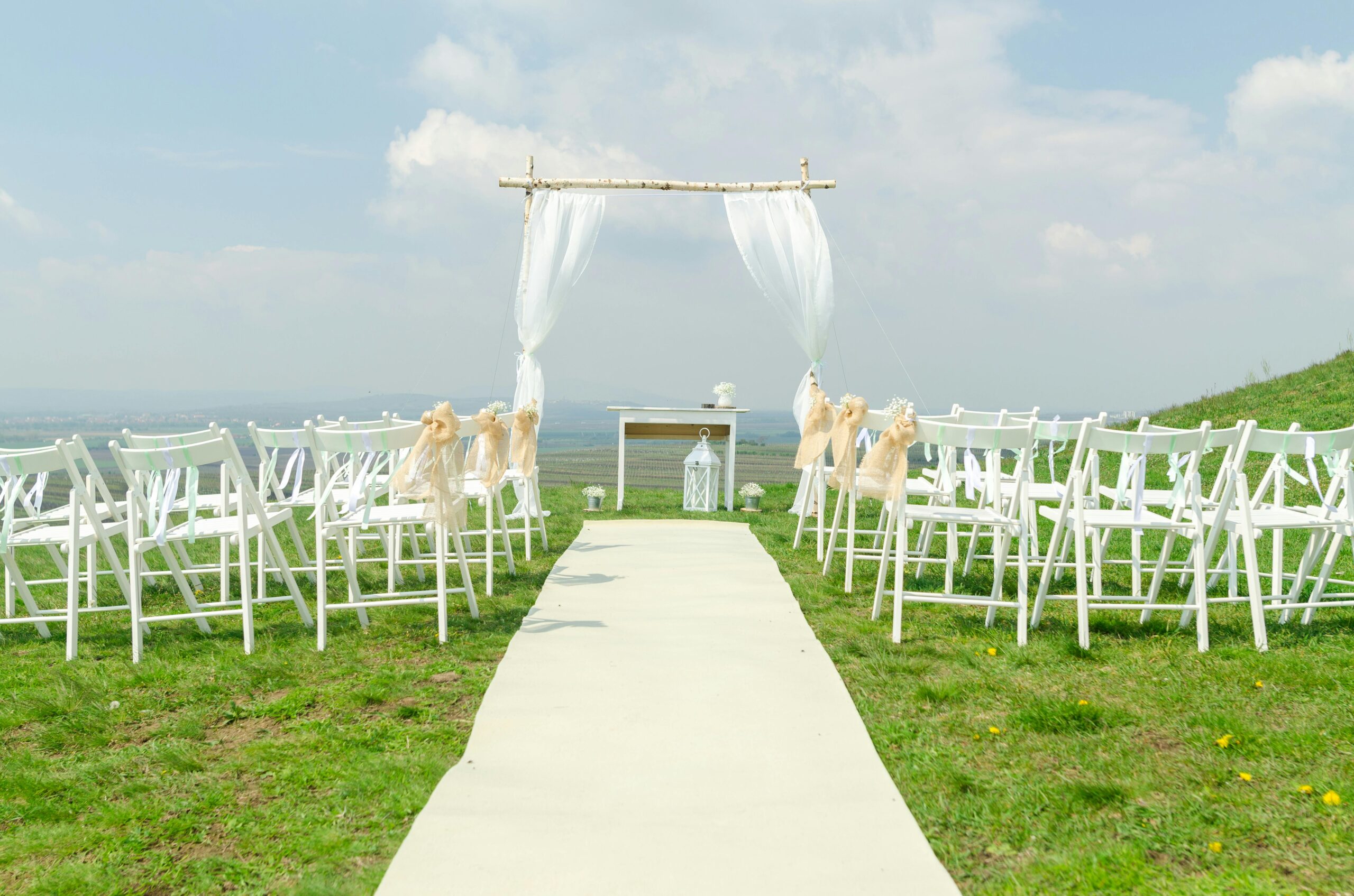
Clarify Your Vision to Choose a Perfect Wedding Venue
Take a moment to close your eyes and imagine your dream wedding. What do you see? Is it an intimate gathering under twinkling fairy lights? A grand soirée in a sprawling estate? Your vision will help guide your venue search.
Don’t forget to align this vision with your partner’s preferences. The perfect venue will reflect both of your personalities and blend seamlessly with your shared vision for the day.
Venue Tours: See It for Yourself
Once you’ve shortlisted potential venues, schedule in-person tours with your partner. While photos and online descriptions provide a good starting point, there’s no substitute for experiencing a venue in person. This allows you to assess the size, layout, lighting, and overall vibe.
During the tour:
- Ask Questions: Speak to the venue representative and inquire about details like availability, policies, and amenities.
- Observe the Setup: Imagine where key moments will happen, such as the ceremony, dinner, and dancing. Check for practical considerations like parking, restrooms, and wheelchair accessibility.
- Take Notes and Photos: After visiting multiple venues, it can be challenging to keep track of details. Document your impressions to help with comparisons later.
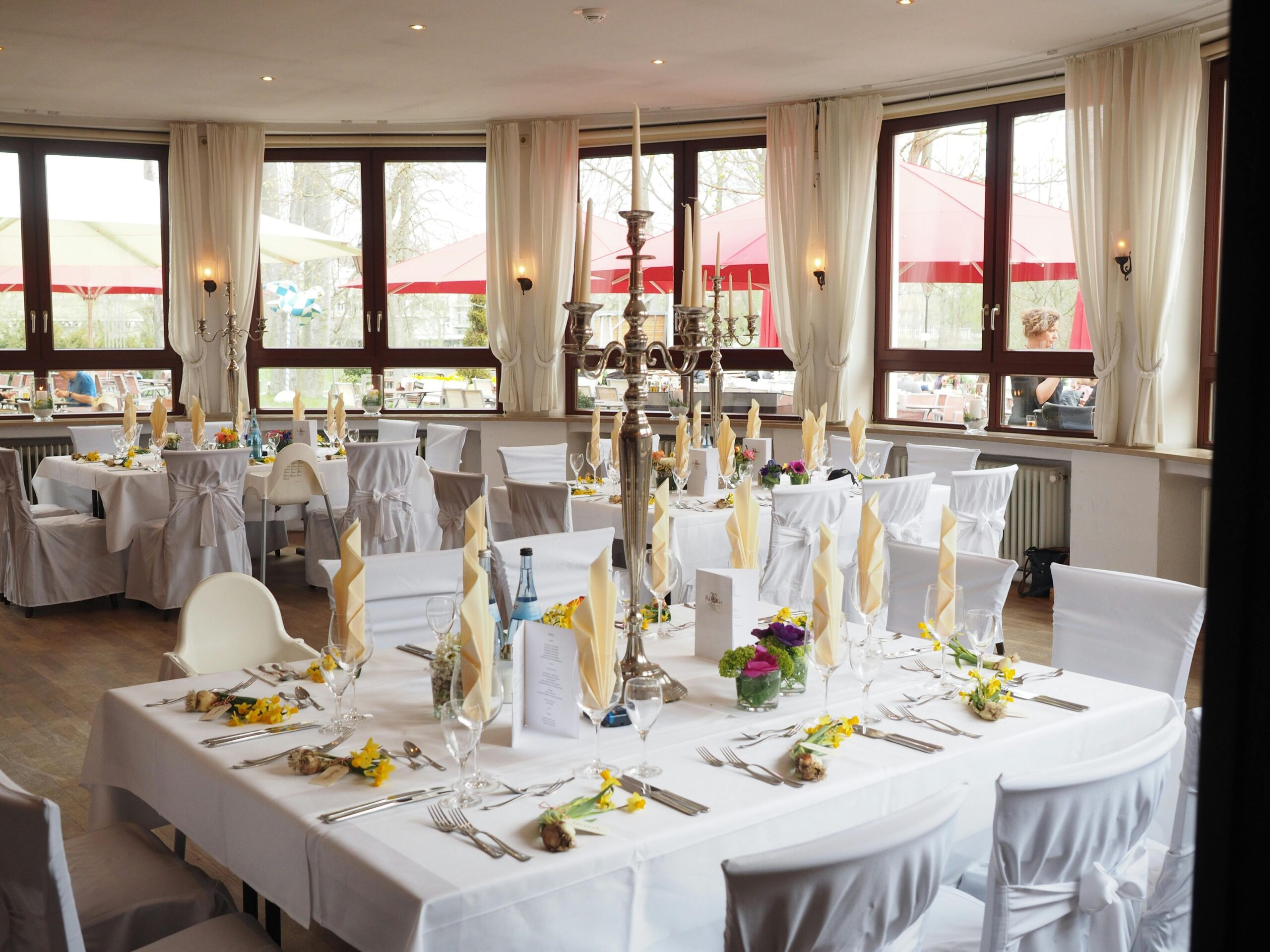
What’s Included in Their Packages?
Not all venues are created equal when it comes to inclusions. Some offer all-inclusive packages that cover catering, décor, and rentals, while others may be more of a blank slate. Clarify what’s included in the pricing to avoid unexpected costs.
For example:
- Does the venue provide tables, chairs, linens, or sound equipment?
- Are there preferred or required vendors, such as caterers or florists?
- What’s their cancellation or refund policy?
Understanding these details will help you make an informed decision and avoid surprises.
Guest Accommodation and Amenities
Consider the comfort and convenience of your guests, especially if many are traveling from out of town. Look for venues that offer onsite accommodations or have nearby lodging options. Some venues even provide special rates for wedding parties.
Additionally, assess the amenities available for your guests:
- Is there ample parking or shuttle service?
- Are restrooms easily accessible and sufficient for the number of attendees?
- Is the venue child-friendly, if kids are invited?
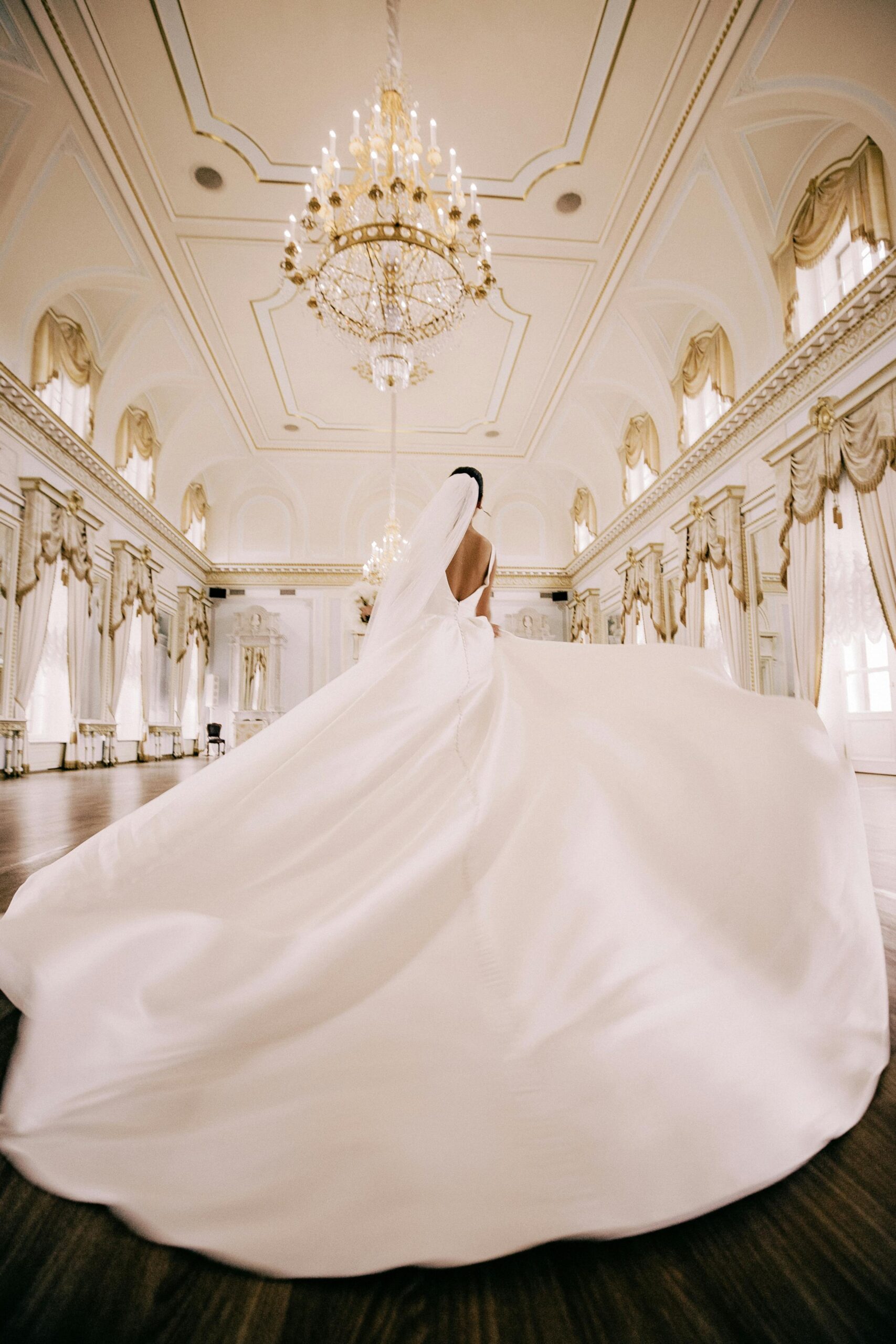
Venue Coordinator vs. Wedding Planner
Many venues offer the services of an in-house coordinator, but it’s important to understand their role. A venue coordinator primarily oversees logistics related to the venue, such as setup, vendor access, and cleanup. They are not a substitute for a full-service wedding planner who can manage all aspects of your event inclusive of suggesting a perfect wedding venue.
Having a venue coordinator can be a valuable asset, but if you want comprehensive planning support, consider hiring a dedicated wedding planner.
Book Early and Review the Contract
Popular wedding venues tend to book up quickly, especially during peak seasons. Once you’ve found the perfect location, secure your date by signing a contract and paying the deposit. Who likes to miss a perfect wedding venue?
Before signing:
- Read the fine print carefully to ensure all agreed-upon terms are included.
- Confirm the cancellation policy and any additional fees.
- Make sure you’re clear on the timeline for payments and deliverables.
In Conclusion
Finding the perfect wedding venue may seem daunting, but with careful planning and a clear vision, the process can be both enjoyable and rewarding. This is the space where your memories will be made, so take the time to choose a venue that feels just right for you and your partner.
From setting your budget and defining your vision to touring venues and reviewing contracts, each step will bring you closer to the wedding of your dreams. Best of luck as you embark on this exciting journey! Happy Planning!

